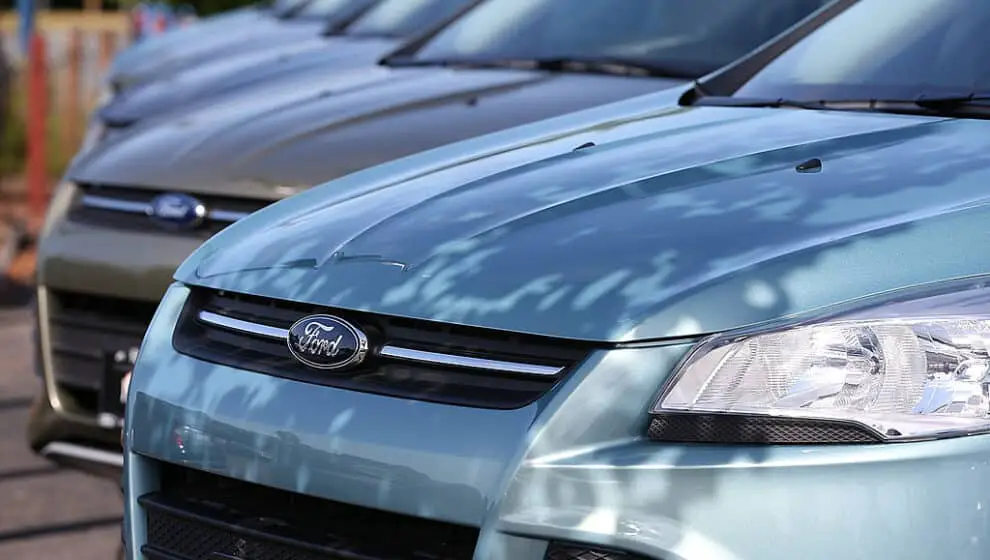Automakers Ford and Honda have recently announced vehicle recalls that will affect 1.9 million automobiles—costing hundred of millions of dollars.
Key Details
- This week Ford announced that it would recall around 1.2 million vehicles regarding a brake-fluid hose issue. The recall is directed at Ford Fusions and Lincoln MKZs sold from 2013 to 2018.
- Ford has issued a second recall on 4-150 pickups from 2021 due to an issue with windshield wiper arms.
- Honda has also announced a recall on 448,613 vehicles due to a seatbelt error that causes the restraints to latch improperly.
- The Japanese automaker says the recall affects the Honda CR-V, Honda Accord, Honda Accord Hybrid, Honda Odyssey, Acura RDX, and Honda Insight from 2017 to 2020.
Why it’s news
When automakers find a faulty system in their product, they quickly notify buyers, but vehicle recalls can cost automakers millions, sometimes billions, of dollars. Ford, in particular, has been plagued with recall costs. In 2021, Ford had to set aside around $4 billion to cover warranty costs. Its overall warranty expenses grew 17% from 2016 to 2021, The Wall Street Journal reports. Through 2022, Ford issued 65 recalls that affected around 8.6 million vehicles.
Ford’s recall problem is not a new issue. From 2016 to 2017, the company spent more than $1.3 billion after issuing recalls in 2016. One door-latching issue affected 1.3 million vehicles and cost the company $267 million to rectify. In 2021 and 2022, the Detroit automaker took first place in a list of auto manufacturers with the most recalls.
In 2022, Ford issued 67 recalls while Volkswagen had 45, Daimler Trucks had 42, and Chrylser had 38.
Ford reported a decline in its annual sales compared to a year before. In 2022, the company sold around 1,864,464 vehicles—a 2.2% drop from 2021, Reuters reports. Though the automaker’s sales declined, the drop followed a similar trend from other manufacturers in the industry.
Even with a growing number of recalls and declining sales, the Ford F-Series remained the top-selling vehicle in the U.S.—a position it has held for 41 years, CNBC reports.
Backing up a bit
Ford has been working to inch ahead in the electric vehicle (EV) market but is struggling to win against its competitors. General Motors and Ford are working to become the next generation of EVs, but the two companies have taken different approaches.
GM has diversified its investment in EVs and self-driving vehicles. Ford, on the other hand, has turned away from any focus on autonomous vehicles and focused entirely on EVs and already-developed technologies.
However, in early February, Ford halted production of its Ford F-150 Lightning, an EV truck. The production pause came after reports that an issue with the vehicle’s battery caused it to catch fire. Production resumed a month later, in early March, though the company did not disclose the cause of the battery issue.
